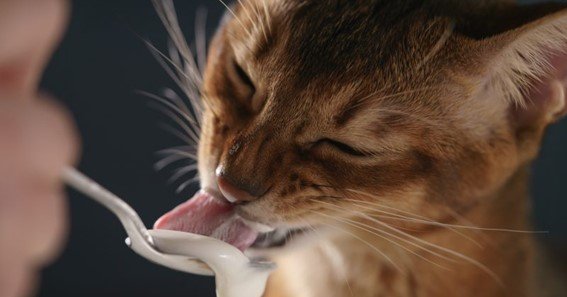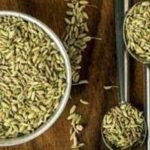As a pet parent, ensuring that your kitten gets the right nutrition is vital for their growth and health. With dairy products being a staple in many households, you might be wondering, can kittens eat curd? While curd is a common food in many parts of the world, its suitability for kittens is not straightforward. Let’s dive into the pros, cons, and important considerations of feeding curd to your kitten.
Can Kittens Eat Curd Safely?
The answer to can kittens eat curd safely is: it depends. Curd is a dairy product, and kittens—like many mammals—tend to lose the ability to digest lactose as they grow out of the newborn phase. This can lead to digestive issues for some kittens. While small amounts of curd might be tolerated by some, others might experience discomfort or adverse reactions due to lactose intolerance.
Is Curd Good for Kittens?
Many people believe that because curd is rich in probiotics, it could benefit a kitten’s digestion. While curd benefits for kittens may include promoting healthy gut flora in small doses, it is not an essential part of their diet. High-quality kitten food provides the necessary nutrients, and curd should not be relied upon as a significant dietary component.
Curd and Lactose Intolerance in Kittens
As kittens age, their ability to digest dairy products diminishes. Lactose intolerance is common in cats, which means they lack the enzyme needed to break down lactose found in dairy products. So, if you’re wondering can kittens digest dairy products, the answer is: often not very well. If your kitten shows signs of upset stomach, bloating, or diarrhea after consuming curd, it’s likely due to lactose intolerance.
Should Kittens Eat Curd?
While feeding curd to kittens in tiny amounts occasionally might not cause harm in some cases, it should not become a regular part of their diet. Given the risk of lactose intolerance, it is usually better to avoid feeding them dairy products like curd. There are better alternatives available that are formulated to meet their specific nutritional needs.
Safe Dairy Options for Kittens
If you’re looking for safe dairy options for kittens, you might want to consider lactose-free milk specifically designed for cats. These products offer the taste and texture that kittens might enjoy without the risks associated with lactose. Alternatively, you can stick with high-quality kitten food and treats that are nutritionally balanced for their growth and development.
FAQ
- Can kittens eat curd safely?
While some kittens may tolerate small amounts of curd, many develop lactose intolerance, making it a risky choice for regular feeding. - Is curd good for kittens?
While curd contains probiotics that may benefit digestion, it is not essential for kittens, and there are better, more balanced foods available. - What are the risks of feeding curd to kittens?
The primary risk is lactose intolerance, which can cause digestive problems like diarrhea, vomiting, and bloating. - Are there safe dairy options for kittens?
Yes, lactose-free milk formulated specifically for cats is a safer option if you want to give them a dairy treat. - Should kittens eat curd regularly?
No, it is best to avoid feeding curd regularly to kittens due to the risk of lactose intolerance and digestive issues.
In conclusion, while kittens can eat curd in small, occasional amounts, it is not recommended as a regular part of their diet. Always consult with a veterinarian before introducing any new foods to your kitten’s diet, especially dairy products.










